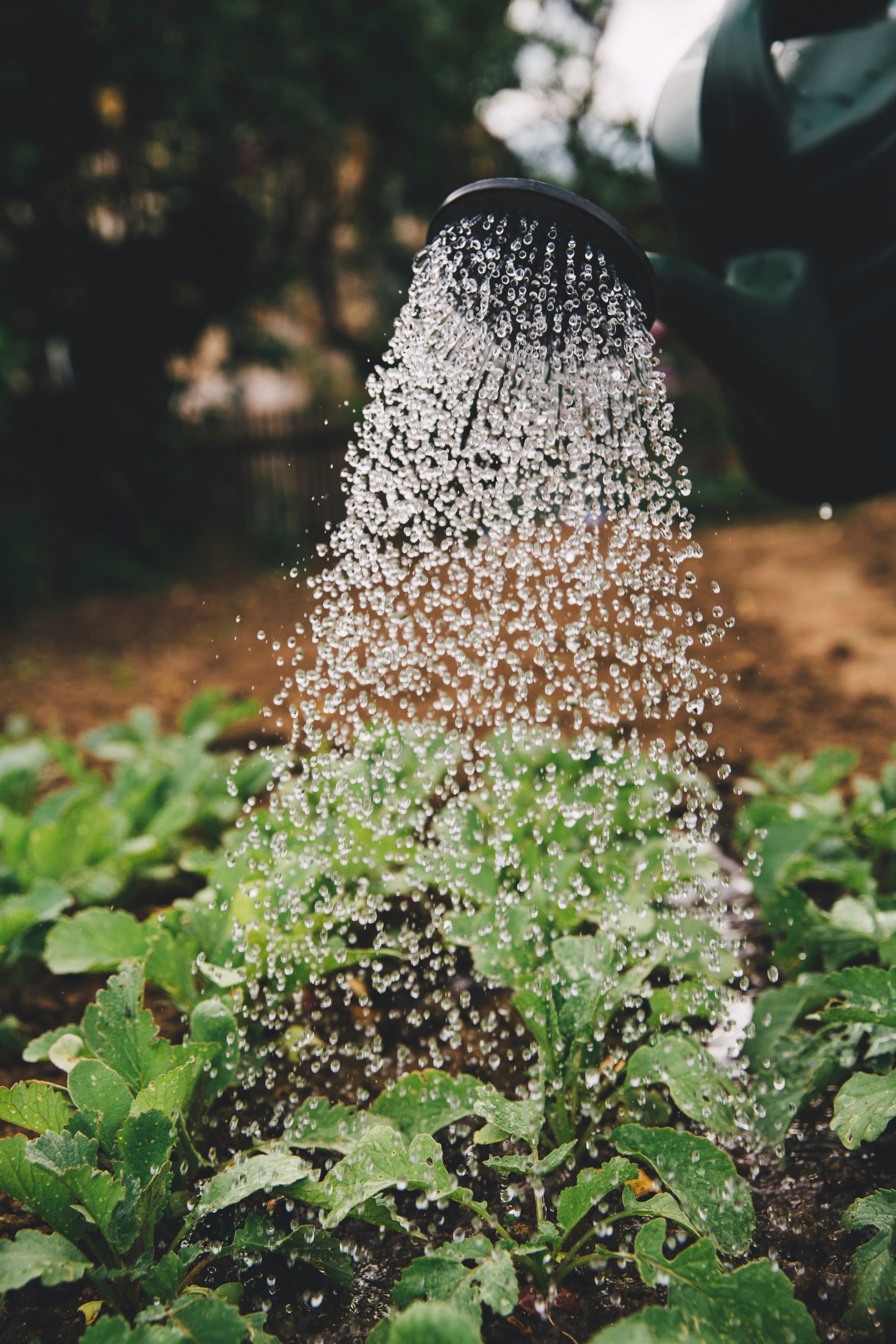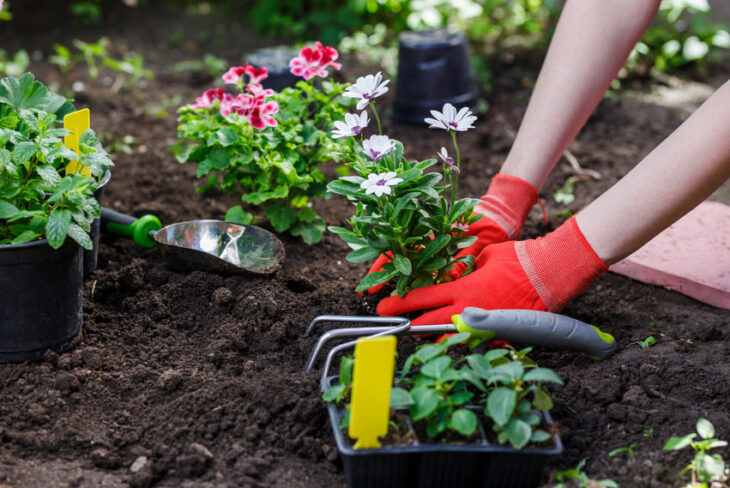Image courtesy: Very Cozy Home
Gardening is a very soothing hobby that you can take up. Not only does it add beauty to your house, but it can also be a good way to go out and get some fresh air. You can be thrilled about a flower garden in your courtyard or a small kitchen garden for the vegetables.
As exciting as it can be, it can be equally taxing. It is not just tossing seeds in the soil; you need to know about the soil, what different kinds of nutrition plants need, how to nurture it, etc.
That being said, if you are interested in gardening and not sure where to start, you have come to the right place. Here, in this article, I have collated certain things that a newbie in gardening should know about.
-
Right place: soil water sun:
The first step to starting gardening is to figure out a proper location. The chosen place should be easily accessible to you, should be getting adequate sunlight, and where it’s easy to water the plants . Preferably, the place should be quite closer to you which will ensure that you spend time in the garden taking care of it.
-
Test the soil:
The next thing that you should bear in mind is the type of soil. You need to make sure that the soil in the selected location is healthy enough to foster plants in it. You will have to test your soil for its pH level as well the nutrients (e.g. potassium, nitrogen, phosphorous) in it. In case the results are not up to mark, you will have to decide if you need to take some corrective measures or change the location.
-
Choose the right plants:
According to the atmospheric condition of your place, choose the plants that will sustain in that environment. You need do to some research on which plants match your growing conditions, the space you have selected, as well as the climatic condition, and then purchase the seeds/seedlings accordingly. Also, choose the plants that will be of use to you rather than randomly choosing the plants and deeming them wasteful later.
-
Seasonality of plants:
Once you have decided what plants you want in your garden, the next step is to research the seasonality of the same plants. Some plants grow throughout the year whereas some plants grow in a certain season of the year. You need to keep in mind that the plantation and harvest of plants are not the same for all. You should pick out the mix of plants that will complement each other seasonality-wise.
-
Map the layout:
Now that everything is decided, one last thing you have to plan is to map the layout of the garden. You have to decide which plant needs to be planted where. Certain plants need more sun than others. Also, there should be ample space between the two plants so that each one of them gets enough sun and water. Proper planning of the garden’s map ensures optimization of space and resources.
-
Regularly feed the plants: water, compost/manure:
Plants in your garden need to be fed regularly. Make sure to keep in mind the sun and water requirement of each type of plant (it could be different for a different types of plants). In addition to this, your garden also needs nutrients in the soil to be used by the plants. For the same, you should think about using manure by compost or mulch; you can also go for chemical fertilizer depending upon your requirement.

-
Think about containers:
If your choice of plants is not very big and they can be planted in smaller space, you can think about using containers to plant the same. For gardening, choose pots or containers that are big enough to plant the plants in them. Containers help in the efficient use of the garden space you have. They also ensure that the plants aren’t over or under watered. In addition to this, they also add a nice aesthetic touch to the garden.
-
Take care of pests/insects:
One of the important steps in taking care of plants in your garden is to keep them protected from pests and insects. These insects rot the leaves and degrade the life of the plants. Even weeds suck all the nutrients from the host plants leaving them to die. To avoid such loss, you should invest in pesticides/insecticides. There are many homemade solutions too to keep the problems in the garden at bay.
-
Rotate plantation:
To keep the nutrients in the soil, try to avoid growing the same type of plants on the same set of land for more than two years in a row. This is especially required if you are growing vegetables in your garden. You need to rotate the different kinds of plants on the same land to retain the nutrients of the soil and keep it rich. With this, you also get a variety of plants throughout the life of the garden.
-
Keep tools handy:
For each step mentioned above, you need some basic gardening tools to execute them. That is why you should stock up on them and keep them in handy for when you need them. Some of those tools include gardening gloves, cultivator, spade, etc. You should have the correct size of these tools as well, as per your gardening needs. While storing them, make sure they are properly cleaned and wiped to avoid bluntness and rusting.













